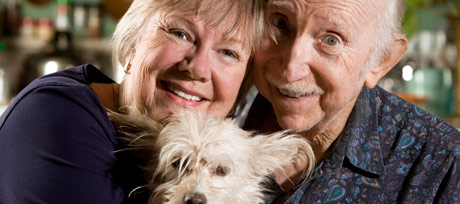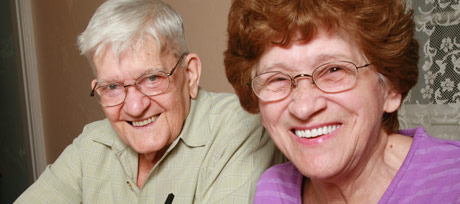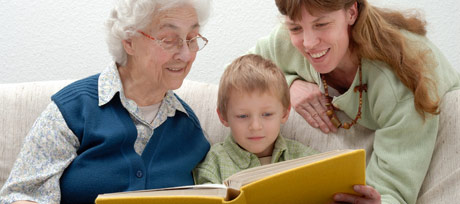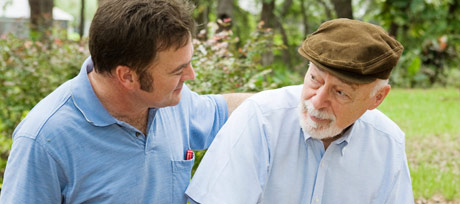For informal caregivers, learning the hard way—through experience—can be too late. Caregiver Champions aims to take the guessing out of caregiving. The Learning Circles are a series of six, free two-hour discussions designed to provide informal learning in a casual setting. Each session features a topic expert to provide useful information and advice that caregivers can easily apply to their daily lives. Participants also get to network with other caregivers and learn from each other's experiences.
Learning Circles

Introduction to Caregiver Champions
Learn how to take back control of your life by reducing stress, discovering new resources, and learning from the experiences of others.

Caregiver Burnout and Stress Management
Identify symptoms of caregiver burnout and unlock new and easy tools to help you better manage the stress associated with caring for a loved one.

Communication
Uncover new communication techniques that will help you better communicate with the person you are caring for as well as the healthcare professionals helping with that care.

Staying Organized/Home Safety
Learn new ways to stay organized and better prepare for emergency situations. Understand how a safe home environment can simplify your life.

Local Resources, Common Tools & Acronyms
Gain new insight into what local, state and federal resources are available to help you better care for your loved ones.

Advance Planning
Discover how advance planning can help reduce future stress and family chaos. Learn how to approach conversations about sensitive issues.











